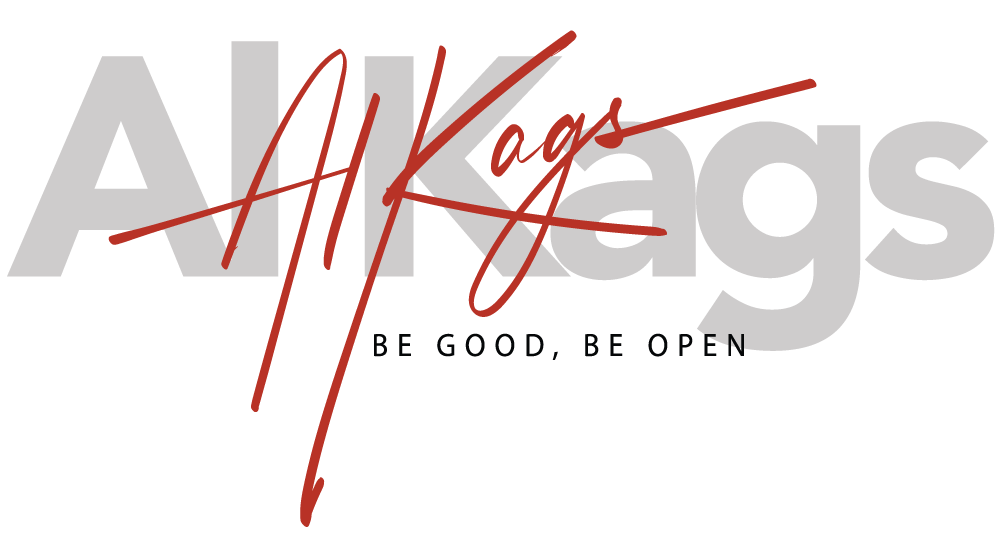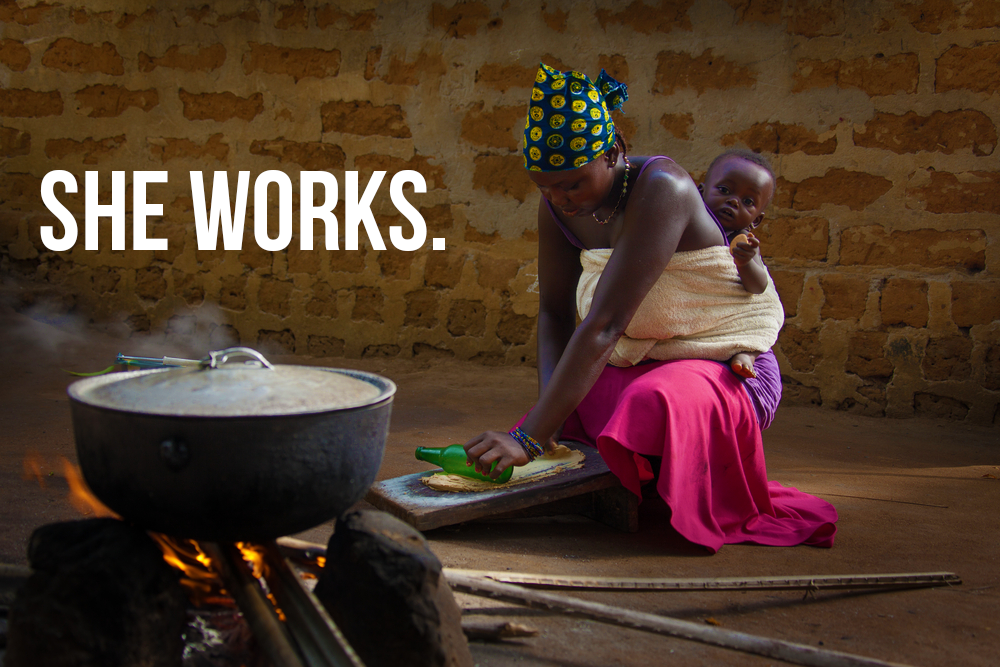Recently, I saw a Facebook post by Nairobi Governor, Mike Sonko and I sympathised with him. I generally have not had very high thoughts of Mr. Sonko and I have written about my varying views of him here and here and here before. But seeing this post synchronised with some of the thoughts that I have been having these past couple of months.
You have to sympathise with the man. For him to be acceptable as governor, he has had to tone down his wild individuality, shave his hair and turn it black, he has has to lose his bling and colourful dress and he has had to restrict his lifestyle considerably. A number of important things. Society generally discourages CEOs or leaders of any realm from showing any vulnerability. Quite a number of people automatically took this to mean that by this expression of his feelings, Sonko is incapable of handling the office of Governor. Many Leaders will, upon introspection, identify with Mr. Sonko’s vulnerability – even though they will not speak openly about it.
In 2012, a snapshot survey was conducted of fortune 500 CEOs. Half of the CEOs surveyed reported that they felt lonely in their position and more than 60% of them said that the loneliness hinders their performance.
The thing is, leaders know that they are ultimately responsible for the well being of many people – their employees, their families (including extended families) and in many cases, the agenda that they oversee. A CEO who works in the environment stage would find it difficult to equivocate on issues surrounding, say, approaches to climate change. These leaders carry this ultimate responsibility the knowledge that if they fail, many will suffer.
But this ultimate responsibility does carry with it a lot of anxiety and often a profound feeling of isolation. As a CEO, I can’t go anywhere I want, do anything I want or say what I want without thinking through its repercussions. In most cases, for one to take a public position, one has to consult extensively with the team and other colleagues and often, one needs to know how the message will be received before a pronouncement is made.
It gets worse if one is well known or famous. I am not really famous but a while ago I had an experience that made me wonder about how famous people feel. I felt like I wanted a drink one late night and I wanted to be alone in a noisy place like a night club. So I got into my car and drove into town and picked one of those night spots in which I would not expect to meet anyone who knows me. The idea of anonymity was attractive to me. The crowd in the club was young – mostly people in their 20s and I was dressed to be invisible. I situated myself at the counter ordered a drink and turned to people-watch, an activity that generally makes me happy.
“Hi Al Kags,” said a petite young lady – definitely too young to be in my circle of friends. “Its good to see you here.” Surprised, I quickly put on my public face and said hello and she introduced herself and asked that I buy her a drink. “I stalk you on social media,” she informed me – the Kenyan way of saying she follows me, rather than the dictionary meaning of the word ‘stalk’. I bought her a drink and she went off to her friends, happy.
As I settled back in to my drink, a young man said hi in the same familiar way that 20-year-olds tend to have. We are connected on Linkedin, he informs me. He wanted to sell me insurance or something and when I told him I am likely not to remember what we talked about, he laughed and handed me his card. I gave him a fake mobile number and of he went happy.
When another young man accosted me the same way, I bolted out of there. My anonymous solo night out was a non starter.
The challenge is that leaders tend to have no one to confide in – not staff or family because you have to be their pillar and if their pillar is not solid, they become uncertain and unstable. It can’t be other CEOs because chances of setting off rumours that could work against your agenda could topple your company or organisation.
Its lonely at the top and in Kenya, its often lonelier for men at the top. Men are generally not allowed to be publicly vulnerable or to “show weakness”. They are culturally considered the heads of their households so showing weakness at home is also not a possibility.
The other important dynamic to consider is that for most leaders – especially famous ones – their friends are only around when they are in their positions. When they leave these positions – especially when they leave to no other positions, their phones stop ringing and people avoid looking them in the eye. I remember when Prof. Bitange Ndemo left his office as Permanent Secretary in government, he wrote a very illuminating article on his own experience. “The day I left office, my phone literally ceased to ring. My “friends” had moved on. I found myself checking my phone to establish if I had inadvertently put it off. The phone was fine.”
In recent months, I have become a lot more aware of mental health issues, such as depression. I have become a lot more aware of how wide-spread this private plague is. In relation to this, I have seen younger people have organised support groups in which they talk and share their vulnerabilities. As I have thought about people in the middle ages who are at the top of their organisations, I have realised that there doesn’t seem to exist a safe place for CEOs and other leaders to go and be vulnerable.
At least, I don’t know of one. Do you know? Please let me know.






I think the best place that a CEO can go to is to a life coach. I know Jeff Nthiwa is a coach who works with CEOs not only on career related matters but on personal matters as well. It would be hard for high profile people to go to groups because of the level of discretion they need.
I totally agree with you.Life coaches and career coach are pretty awesome and i hold te belief that even the most powerful presidents have to have a trusted confidant.Spirituality and connection with a higher being is also important…..
Enlightening it is Al. I resonate with this article. I feel it’s lonely at the top because Leaders trade their personalities for their Positions. The fail to remnant that life is basic, simple and real. They just need to be with people who energize them.